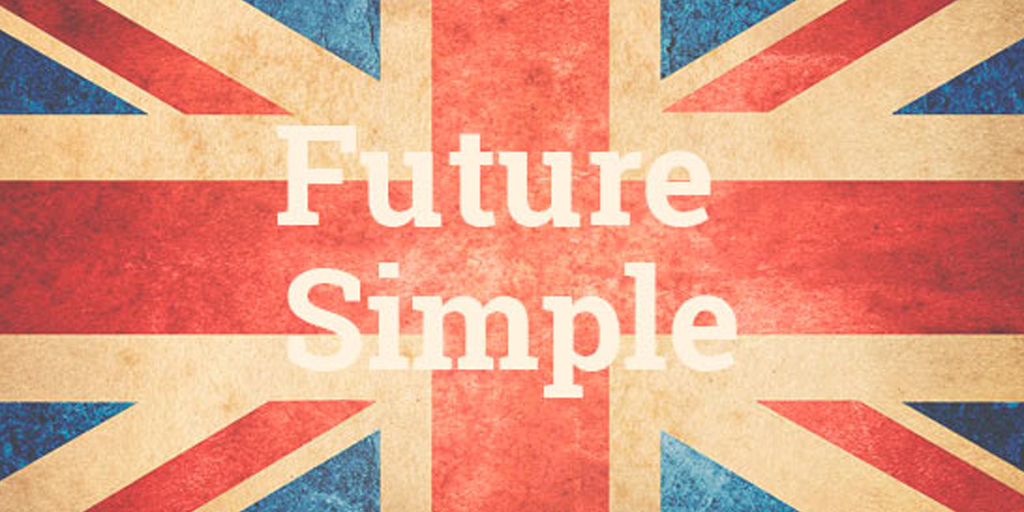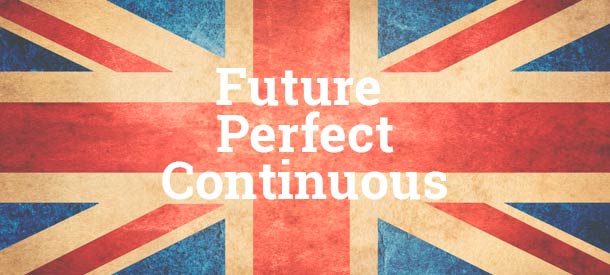Future Tense in English
| Sitio: | Aula virtual Moodle de Investea |
| Curso: | English Course |
| Libro: | Future Tense in English |
| Imprimido por: | Invitado |
| Día: | sábado, 23 de noviembre de 2024, 06:01 |
Descripción
“Your future is whatever you make it, so make it a good one.” – Doc Brown, Back to the future.
1. The Future

Just like the past and present tenses, there is more than one future tense in English.
The future tenses
Take a look at the four future tenses in English and how they’re used in a sentence:
These change depending on the function and what we want to say and in this unit we’ll show you how to use them correctly.
Ready to learn? Let’s go!
1.1. Future Simple
Let’s start with the basics. The future simple is used to talk about a time later than now and can be used in lots of different ways.
Form
- It is made up of the verb will/won’t + base infinitive (infinitive without to).
- Because will is a modal verb it doesn’t change depending on the person doing the action.
- We can use contractions e.g. I will = I’ll.
- In the negative, we can also use will not for more emphasis.
- Won’t is more common in speech.
- In short answers we say: yes X will or no X won’t.
Here’s a look at the future simple in positive and negative statements and questions.
Uses and examples
- Instant or spontaneous decisions – I’m hungry. I think I’ll make a sandwich.
- Future predictions based on a belief – I’m sure you’ll pass the test.
- Promises – I won’t tell anyone your secret.
- Offers – I’ll carry your bags for you.
- Requests – Will you tell Henry I called?
- Threats – If you do that again, I’ll tell Mum.
- Future facts – I’ll be back later tonight.
Shall
We can use shall instead of will for future time references with I and we. However, it is slightly more formal.
E.g. We shall never forget this beautiful day.
It is also common to use shall in questions to make offers, suggestions or ask for advice.
E.g. Shall I carry these bags for you?
Shall I open the window?
What shall I tell Mary about the broken vase?
Be going to vs will
It’s important to note that for predictions based on evidence and for future plans we use be going to not will.
E.g. Look at those grey clouds. It’s definitely going to rain!
– What are you doing after work?
– I’m going to the gym.
1.2. Future Continuous
Now let’s move on to the future continuous. Generally, we use this tense to talk about things in progress at a particular time in the future. Take a look at the form:
Form
The structure of the future continuous is as follows: will/won’t + be + ing form
Uses and examples
- An action in progress at a specific time in the future (at 5pm, this time tomorrow, in two weeks, in five years time etc.). This time tomorrow, I’ll be flying to Barbados.
- An action we see as new or temporary. I’ll be working for my Dad until I find a new job.
- Predictions or guesses about future events. He’ll be coming to the party, I guess.
- Predictions about the present. She’ll be getting married right now, I imagine.
- Polite enquiries. Will you be joining us for dinner?
Stative verbs
It’s important to remember that some verbs cannot be used in the continuous tense. These are called stative verbs. Stative verbs describe states, feelings, thoughts and opinions. Instead of the future continuous, we use the future simple tense for these verbs. Here are some examples:
1.3. Future Perfect
Once you’ve mastered the future continuous, it’s time to learn the future perfect. The future perfect is used to talk about a completed action in the future. Here’s a look at the form:
Form
- The form of the future perfect is will/won’t + have + past participle.
- Regular past participles end in -ed.
- Irregular past participles don’t follow the common conjugation pattern.
Uses and examples
- An action that will be completed before a specific time in the future. Next September, we’ll have been married for 50 years.
- Use by or by the time to mean some time before. I’ll have finished this report by the time you’re home.
Use in, in a day’s time, in two weeks’ time, in three months’ time etc. to mean at the end of this period. In three years’ time, I’ll have completed my degree
1.4. Future Perfect Continuous
We use the future perfect continuous to show that something will continue up until a particular event in the future. We normally use it to emphasise how long something will have been happening for.
Form
The form of the future perfect continuous is will/won’t + have + been + ing (present participle)
Uses and examples
- To show that something will continue up until a particular event in the future. In October, I’ll have been working here for ten years.
- To show something finished just before another time action (cause and effect). When I arrive, I’ll have been working all day, so I’ll be tired.
With time expressions (by + then / tomorrow / next year etc., by the time, when). By the time we arrive, we’ll have been travelling for fifteen hours.
1.5. Reference to Oxford House
https://oxfordhousebcn.com/en/4-future-tenses-in-english-and-how-to-use-them/



